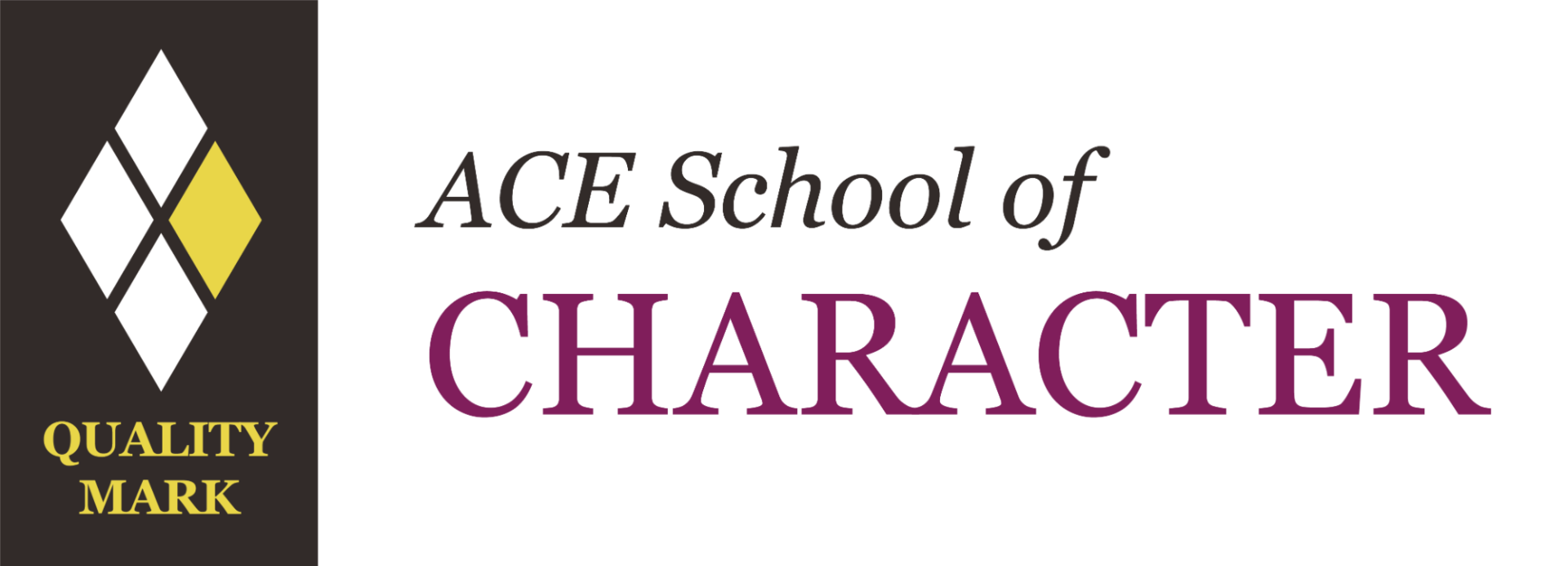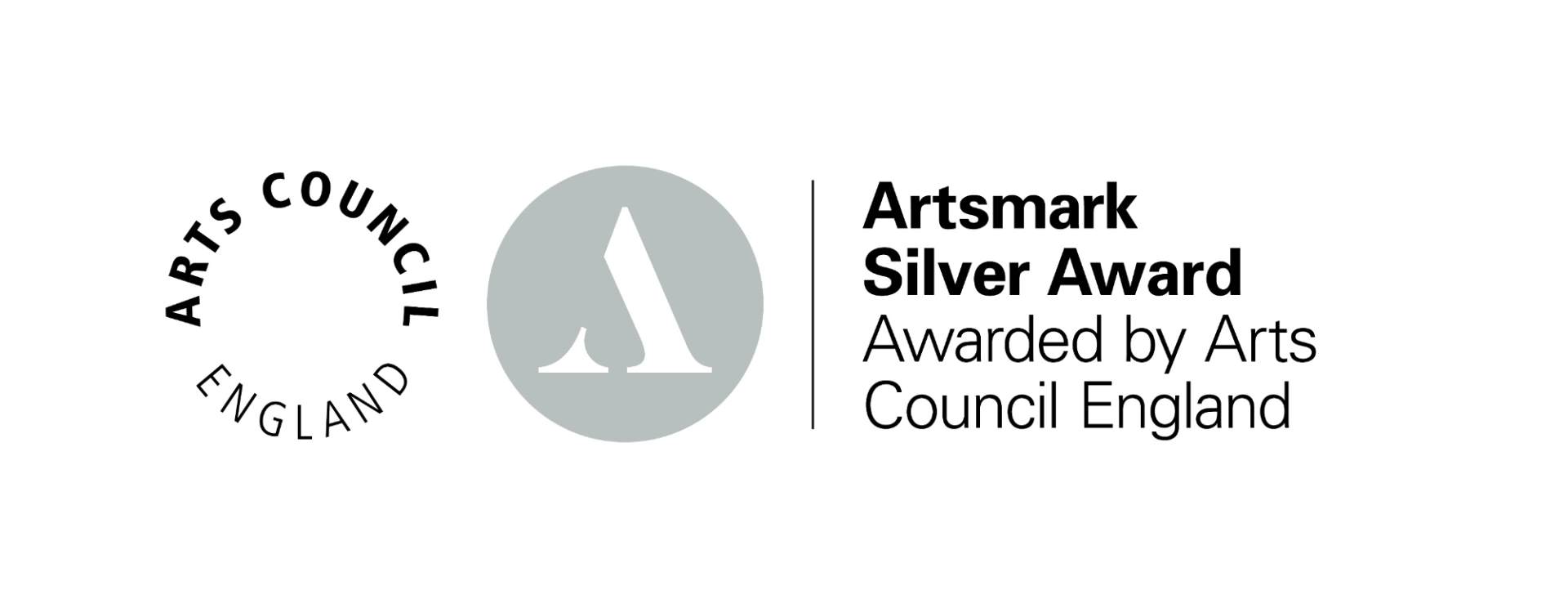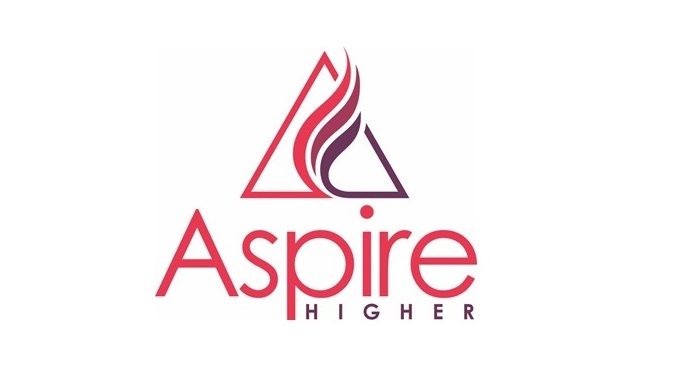Religious Education (RE)
Curriculum Lead
Miss A Mullen - Curriculum Lead R.E.
The Right to Withdraw from Religious Education (RE) Notice
GCSE Religious Studies
Board: AQA
Specification: 8062
Course Content:
As part of GCSE Religious Studies, this course offers students the opportunity for the thematic study of Religion and religious responses to fundamental questions of life. It should encourage students to develop their interest and enthusiasm for the study of Religion and the relationship between Religion
and the wider world; develop their knowledge, skills and understanding of Religion by exploring the impact of beliefs, teachings, practices, ways of life and forms of expressing meaning. Throughout the course students will be encouraged to express their personal responses and make informed insights on fundamental questions about identity, belonging, meaning, purpose, truth, values and commitments.
Mode of Assessment:
Students will sit two final written papers at the end of Year 11 of 1 hour 45 minutes each. Both papers are equally weighted at 50%:
- Component 1 - Assesses beliefs, teachings and practise of two religions from Christianity and Islam.
- Component 2 - Either four religious, philosophical and ethical studies themes or two religious, philosophical and ethical studies themes and two textual studies themes. Religious, philosophical and ethical studies themes:
Theme A: Relationships and families.
Theme B: Religion and life.
Theme C: The existence of God and revelation.
Theme D: Religion, peace and conflict.
Theme E: Religion, crime and punishment.
Theme F: Religion, human rights and social justice.
Why Study this Course?
Students will be challenged with questions about belief, values, meaning, purpose and truth, enabling
them to develop their own attitudes towards religious issues. Students will also gain an appreciation of
how religion, philosophy and ethics form the basis of our culture. They will develop analytical and critical thinking skills, the ability to work with abstract ideas, leadership and research skills. All these skills will help prepare them for further study.
Progression Routes:
The beauty of Religious Studies is that it can be applied to all walks of life and education choices. The
skills learnt during the course are transferable and support your other subject choices. Religious Studies facilitates critical thinking, openness and curiosity. Students who study Religious can go on to University to study law, criminology, politics, theology and journalism to name a few.
Right to Withdraw from religious Education Statement



















